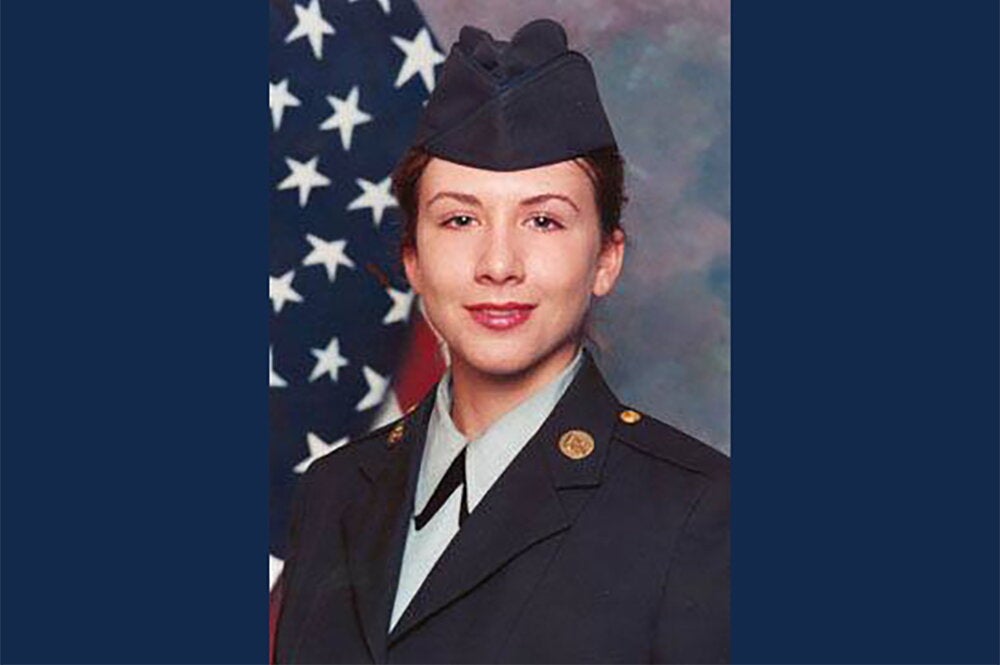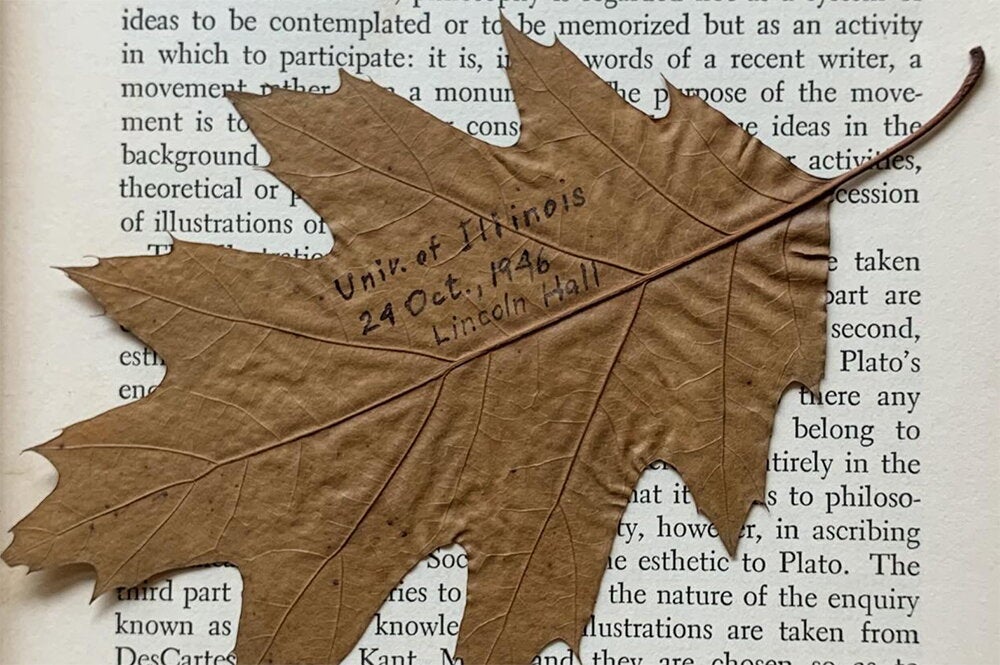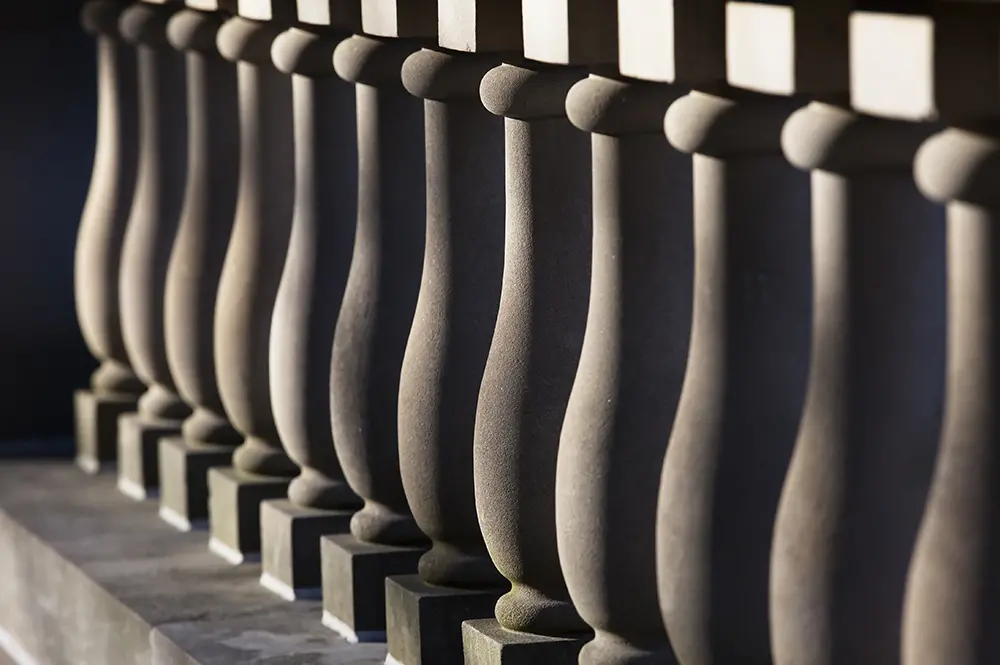
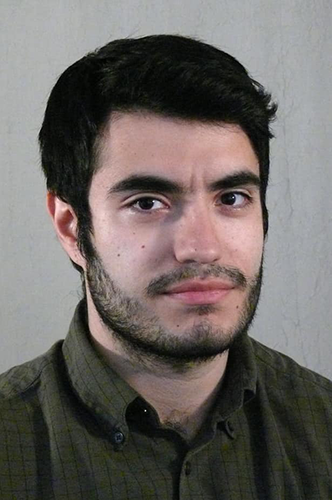
By the time Jonathan Gonzalez received his bachelor's degree from the University of Texas-El Paso, he’d mastered four languages: French, Italian, Russian, and English. By spending more than four hours a day studying language and literature, he’s come to appreciate them more deeply than most.
“I see a foreign language like art more than a technical skill or a means of communication,” he said. “It’s like music or a performance. For me to be able to learn a language and to read and write it, it’s very artistic.”
Gonzalez, now a PhD student studying French and Italian at Illinois, is one of the recipients of a new graduate fellowship created to recruit the best and brightest graduate students in the humanities.
The College of LAS collaborated with the College of Fine and Applied Arts, the Graduate College, and the Office of the Provost in 2018 to create the Distinguished Graduate Fellowships in the Humanities and Arts. The three-year competitive fellowships, offered to 16 graduate students per year, provide scholars with a $25,000 annual stipend and a waiver of tuition and mandatory fees.
For Gonzalez, the fellowship made graduate studies at Illinois affordable—and desirable.
“A lot of universities offer fellowships, but not specifically for the humanities,” Gonzalez said. “This university was very humanities-friendly, and that was the biggest incentive.”
Ariana Traill, director of graduate studies in the Department of the Classics, said that the fellowships enrich the quality of graduate programs by enticing top doctoral candidates to complete their studies at Illinois.
"The humanities fellowship is critical to attracting the kind of outstanding students who receive multiple offers from prestigious and wealthy competitors," Traill said. "This funding allows them to achieve their full potential right from the start, including presenting their research at conferences, working up papers for publication, and speeding through our program requirements."
Marcus Keller, head of the Department of French and Italian, nominated Gonzalez for the fellowship in 2018.
"So far, the Department of French and Italian has successfully recruited two graduate students thanks to the Distinguished Fellowship in the Humanities and Arts, increasing the share of underrepresented minority students at the graduate level from 3.5 percent to 10 percent," Keller said. "The fellowship helps to compete with other public universities for those sought-after students, something we would be unable to do with department funds alone."
The Department of Slavic Languages & Literatures welcomed student Demetry Ogoltsev to pursue his doctoral degree at Illinois after he earned a master’s degree in Black Sea cultural studies at the International Hellenic University in Greece. Department head Valeria Sobol said the fellowship was tremendously helpful in recruiting Ogoltsev, who had earned his bachelor’s degree in Russian language and literature from Illinois. Before the fellowship, Ogoltsev had second thoughts about coming back to Illinois for his doctoral degree because the department couldn't guarantee him multi-year funding.
"This attractive fellowship unmistakably played a key role in ensuring his enrollment with us," Sobol said. "He is in the second year of his master’s program now, and he will certainly continue towards his PhD. He has tremendous potential as a scholar of Russian literature."
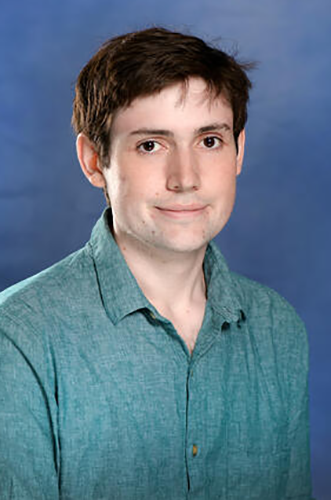
Aidan Watson-Morris, a PhD student in English, is studying English language modernism through the lens of affect and affect theory, a theory that seeks to organize emotions into categories of psychological and interpersonal manifestations.
“I have always been interested in literature and reading for form, but (during my undergraduate studies), I kept coming back to the same group of writers who were writing about the turn of the 20th century, and returning to figures like Virginia Woolf,” he said. “They kept having things to say to me, so I figured they’d have more than enough to say to me for a seven or eight year program.”
The renowned faculty at Illinois is what made him come to Champaign-Urbana, and the fellowship was just an added bonus.
“I was also traveling to visit some friends in Chicago and stopped here, and I just thought the campus was really beautiful,” he said. “I received the fellowship really last minute, so it was a total surprise.”
During the fellowship, Watson-Morris hopes to continue studying fiction and poetry that deals with thought processes and the stream of consciousness, as well as the intersectionality of art and politics, guilt, and the form of politics in modernism. He said that he is grateful for the opportunity, and that the impetus behind the fellowships is very strong.
“They have a vision of wanting to build a generation of scholars in the humanities," Gonzalez said.

